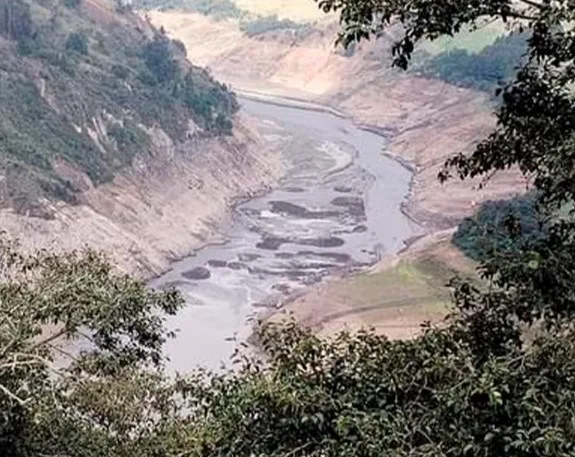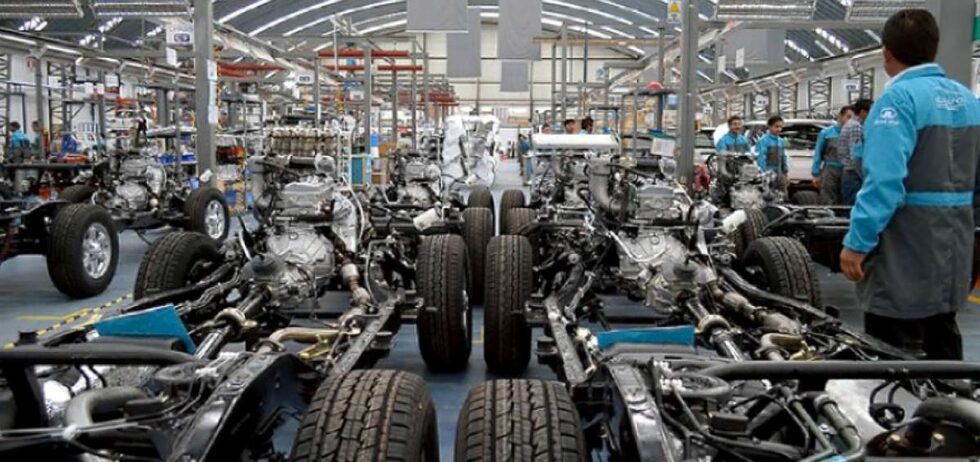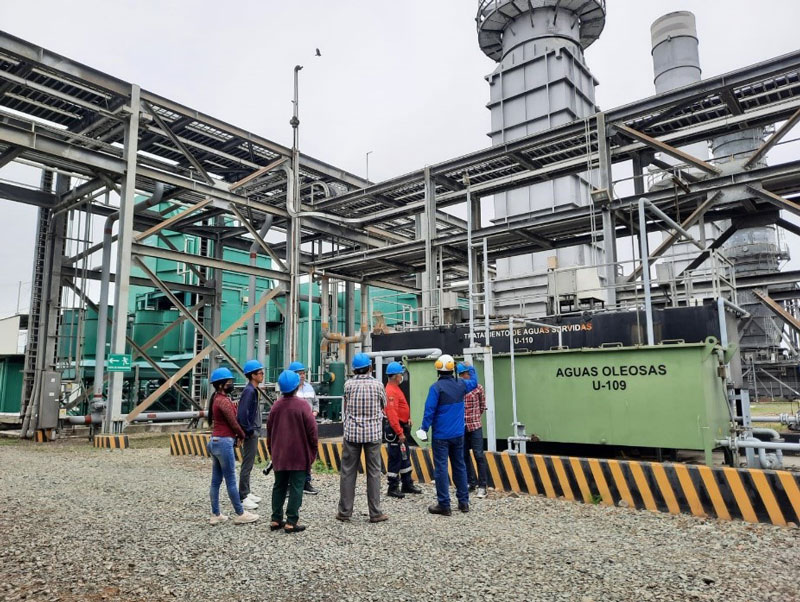While government blames corrupt officials for the power crisis, experts say warnings were ignored
According to hydrology professor and consultant Marcelo Iglesias, the government should have prepared Ecuadorans for an electricity shortage in February. “This is when the reservoir levels at the power plants began to drop after a brief rise in December and January,” he said. “It was clear then that we were in a drought of historic proportions and our generation capacity would drop. Data was given to the Energy Ministry by professionals to prepare the public about what was coming.”

This is the view Wednesday afternoon of the Mazar reservoir in eastern Azuay Province.
Iglesias does not dispute the government claim that there is corruption or even sabotage within the Energy Ministry, at Ecuador’s Electric Corporation (Celec) and at local utility companies that deliver electric service. “I’m sure there is some of this and it must be dealt with, but it does not address the main cause of the power shortage, which is the lack of rainfall and the fact we don’t have the waterflow to run our generation plants — in particular, the plants at the Mazar-Rio Paute installations.”
Iglesias adds: “Yes, there was a crime committed and it is the failure of the government to be honest with the people and to let them know what lay ahead.”
The Pinchincha College of Engineers was one of the groups that provided information of the looming crisis to the incoming government of Daniel Noboa. “We delivered information and recommendations to the new leadership in November and December and asked to meet with the Energy Ministry to provide guidance,” says Marco Acuña, president of the College of Engineers. “They never responded and our follow-up inquiries were ignored.”
According to Acuña, the blackouts of last September and October should have made electricity generation a top concern for the new government. “Instead, we received badly needed rainfall in December and the politicians felt relieved and thought the problem was solved. Now, they are paying the price. Not only are we dealing with a terrible drought which has reduced generation capacity to less than 50%, but critical maintenance has been deferred at the worst possible time.”
Among the proposals the College of Engineers made to the government of Daniel Noboa were “top-to-bottom” plans to modernize and redesign the country’s electrical generation system. “The problem we face today is not just about managing power shortages, but a lack of commitment to make system-wide upgrades to minimizes the impact of future crises. It can only be solved when the government acknowledges the structural changes that must be made and provides the funding to do it.”
To upgrade Ecuador’s power generation capacity, Quito energy construction consultant Jorge Luis Hidalgo says the country must invest in thermal generation plants. “These can be fired with the natural gas we are flaring off and wasting at oil drilling sites,” he says. “We will need collection facilities and pipelines to the power plants and this will require money, but once the infrastructure is established, operational costs will be low since we will not need to pay for imported fuel.” He also says, “Given the unpredictability of the weather, the country puts itself at risk by depending on 95% of its electricity from hydro generation.”
Like Iglesias, Acuña says corruption within the energy sector is a secondary issue at this point. “The immediate crisis must be managed in an honest, transparent way,” he says. “First, the people deserve an apology since there were those in authority that knew this was coming. Second, the schedule of electric rationing must be clear and accurate. Then, the government must provide the plan to fix the problems that led us to this point.”


















